
Blog | 3-minute Read
Cloud computing and compliance for the financial sector

David Guest
Solution Architect & Technology Evangelist
Published: 20 July 2019
Migrating to the cloud has multiple benefits for businesses in the financial sector, from reducing costs to improving efficiency and scalability.
These advantages are now fairly well known when it comes to making a convincing argument for cloud computing. However, what is less obvious is that cloud computing can also bring positive change with respect to compliance. Here we take a look at the impact cloud computing can have on compliance in the financial sector.
What difference can the cloud make to compliance?
Given the raft of regulation that affects UK businesses in the alternative investment sector and beyond, compliance is already a key issue for many. Now, financial industry operations not only need to be able to actively protect data but also to regularly report on how effective its internal data protection measures are. There are a number of ways in which cloud computing can assist with fulfilling the increasing number of compliance obligations businesses across all sectors now face.
IT accountability
There is a greater need than there has ever been for IT accountability, to ensure that data is tracked and traceable. This is far easier to execute and manage in a cloud computing set up than any other. In particular, data retention requirements – which may differ from regulation to regulation and have become increasingly prominent thanks to the GDPR – are a much simpler matter in the cloud.
Data recovery
In a disaster situation, whether that is an attack on network infrastructure or hardware that has been crippled by fire or flood, compliant businesses have systems and steps in place to limit the damage. This can be a huge endeavour for on premise systems, particularly if there is no off site hardware to use as a back up. Cloud computing makes this element of compliance fairly straight forward. Virtualisation means that data can be recovered and access restored no matter what has happened to physical premises or existing systems.
Controlling data access
Tagging and classification are an essential part of the process of controlling data access and ensuring that only the right people have eyes on certain information. This can be automated in a cloud environment so that data and its context is easy to identify and understand. It also enables data that has not been correctly identified to be found and properly tagged and classified, creating the kind of transparent environment that ensures compliance.
Network quality and security
The new era of compliance requires businesses to regularly gain perspective on IT operations, risks and functions. The purpose of this is to be able to ensure adequate risk management and updating to keep systems as secure as possible. The automation options in the cloud mean that systems are always up to date and that applications and deployments are a much faster process than when manually managed. Something as simple as an out of data piece of software could trigger compliance issues but cloud computing is designed to help avoid such a scenario.

Sign up for great content and exclusive invites
Subscribe to the Kocho mailing list if you want to receive:
- The latest Microsoft tech insights
- Demos and exclusive event invites

Great emails start here
Sign up for free resources and exclusive invites
Subscribe to the Kocho mailing list if you want:
- Demos of the latest Microsoft tech
- Invites to exclusive events and webinars
- Resources that make your job easier

Don't Miss
Great cloud transformation resources
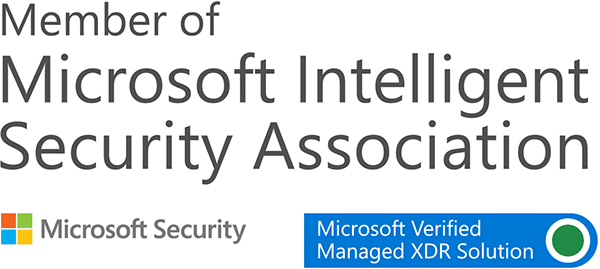
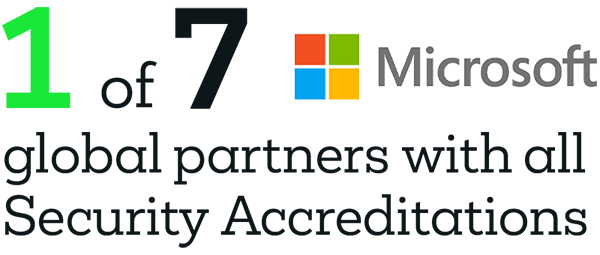

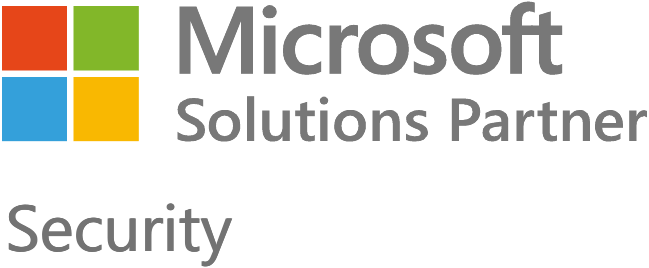
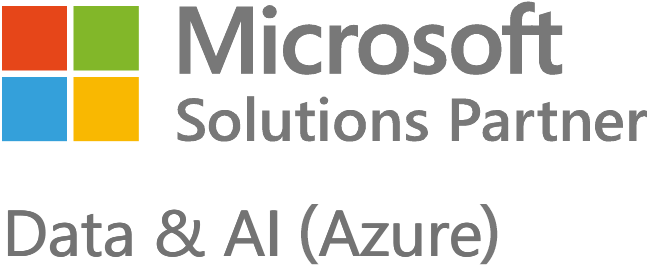
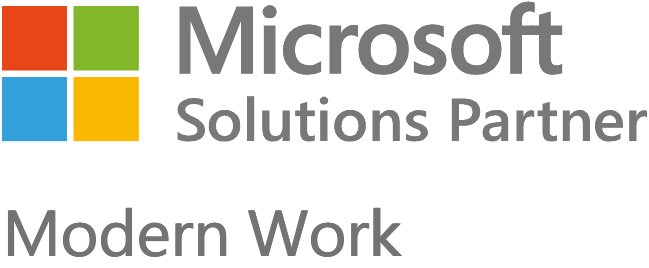
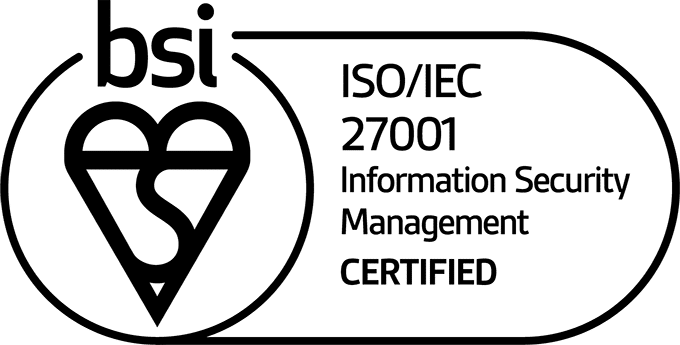


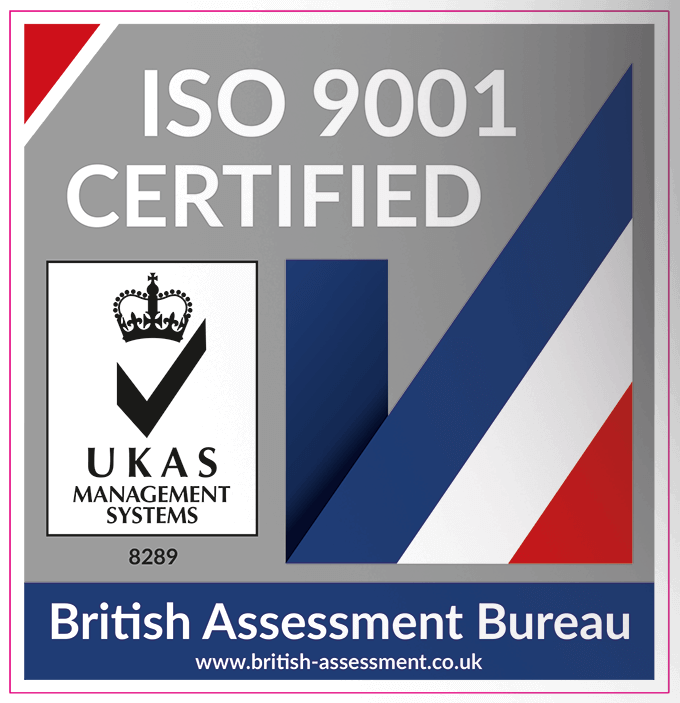












Got a question? Need more information?
Our expert team is here to help.






